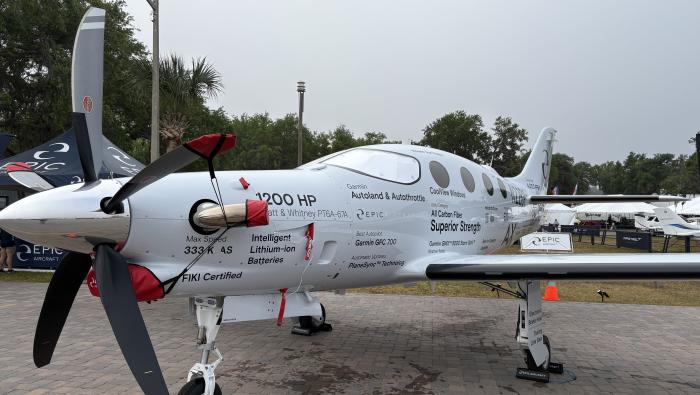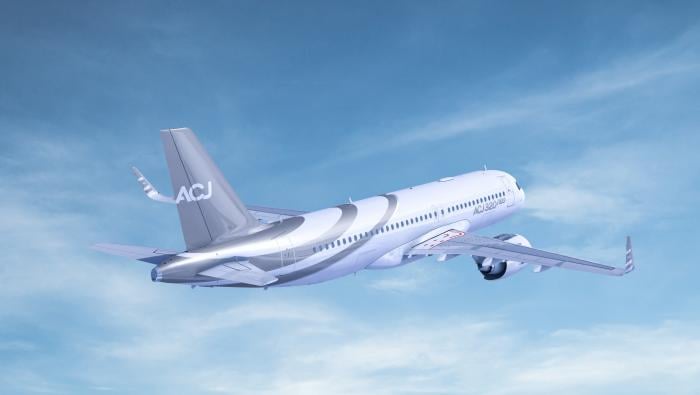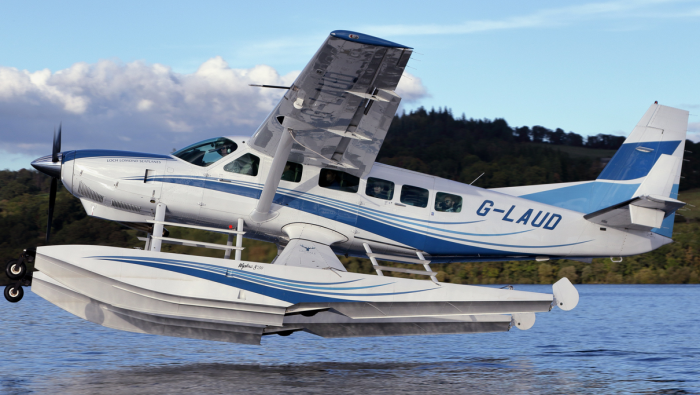A growing number of airlines are offering passengers a voluntary CO2 offset scheme; however, passengers are not picking up on the possibility to fly carbon neutral despite a growing public concern about the environmental impact of air transport. “The numbers are quite low,” IATA chairman and Lufthansa CEO Carsten Spohr told media at the IATA Wings of Change Europe conference in Berlin. Less than one percent of passengers in Europe currently compensate for their carbon footprint, according to Spohr, who added that the number actually is “only 0.1 percent.”
He acknowledged that possibly airlines have not made it easy enough for passengers to find the offset scheme, and Lufthansa is now gradually integrating the option to pay for the CO2 compensation into the booking process of all its airlines. Ryanair started offering a voluntary offset option in its booking process in 2018 and now nearly 3 percent of the low-cost carrier’s passengers compensate for their carbon footprint, the LCC’s chief marketing officer Kenny Jacobs told AIN recently.
In January 2020, Lufthansa Group is launching a carbon offsetting-inclusive fare for corporate customers, a move that Spohr said could garner more attention to the possibility of CO2 neutral flying and lift the uptake of carbon compensation. “The pressure [of behaving environmentally responsible] on corporates is higher than on private consumers,” he asserted.
Meanwhile, Spohr called for a rationalization of the debate about air transport’s impact on climate change. “We do not need to serve as a symbol for climate change,” he pointed out. People want mobility and there is no need to feel ashamed to fly, he noted, referring to the "flygskam" movement that started in Sweden and now has spread across most parts of Europe. The industry has made significant progress in reducing its environmental impact, he said, stressing that the industry should take the offensive and "communicate what we do. We should not be ashamed, and [we should] change the tone.”
The "flygskam" movement aimed at shaming people about their flying has not crossed the borders of Europe, but it will spread all over the world, cautioned IATA director general and CEO Alexandre de Juniac. “How quickly or how slowly, I do not know. But it will come [to all regions].”







